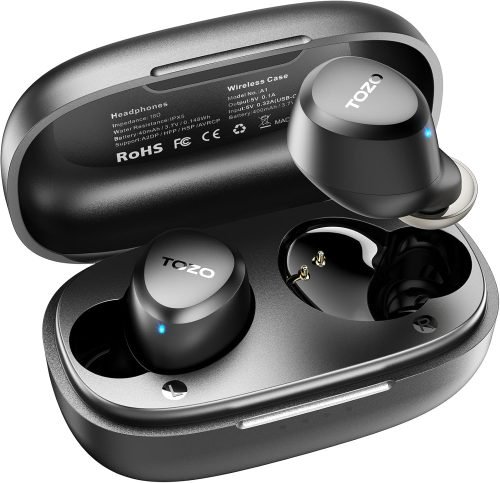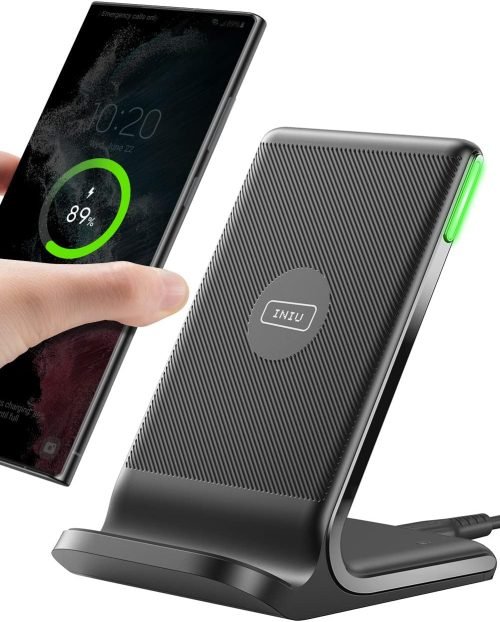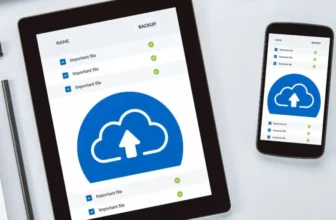
When it comes to comparing Android and iOS smartphones, you may find yourself contemplating the intricacies of user experience, app availability, security measures, and performance. Each platform boasts unique features that cater to different preferences and needs. As you delve deeper into the comparison, you’ll uncover how these two giants in the smartphone industry stand apart from each other, offering compelling arguments for users on both sides of the spectrum.
User Interface and Customization
When choosing between Android and iOS smartphones, you’ll notice a stark difference in user interface and customization options. Android devices offer a more customizable experience, allowing you to personalize your home screen, widgets, and even install third-party launchers to completely change the look and feel of your device. With Android, you have the freedom to tweak settings, choose default apps, and truly make your phone your own.
On the other hand, iOS is known for its sleek and intuitive user interface. While it may not offer the same level of customization as Android, iOS provides a seamless and user-friendly experience. The interface is consistent across all Apple devices, making it easy to navigate and learn. iOS also boasts a clean design with minimalistic icons and animations, enhancing the overall user experience.
App Availability and Diversity
App availability and diversity play a significant role in distinguishing the app ecosystems of Android and iOS smartphones. When it comes to Android, the Google Play Store boasts a vast selection of apps, ranging from productivity tools to games and everything in between. This openness allows for a wide variety of developers to create and publish apps, leading to a diverse range of options for users like yourself.
On the other hand, iOS, with its App Store, is known for its curated selection of high-quality apps. While the App Store may have slightly fewer apps compared to the Play Store, iOS apps are often optimized for Apple devices, providing a seamless user experience.
Both platforms offer popular apps like social media platforms, streaming services, and productivity tools. However, Android tends to excel in customization apps, catering to users who enjoy personalizing their devices extensively. In contrast, iOS emphasizes app quality and consistency across its ecosystem.
Ultimately, the choice between Android and iOS app ecosystems depends on your preferences regarding app variety, customization options, and user experience.
Security Features and Privacy
Moving from the realm of app availability and diversity, let’s now shift our focus to the vital aspects of security features and privacy on Android and iOS smartphones.
Both Android and iOS prioritize security, but their approaches differ slightly. iOS is known for its strict control over the App Store, ensuring that apps go through a rigorous review process before being made available for download. This helps in reducing the risk of malware and other malicious software. On the other hand, Android allows for more customization but may be more susceptible to malware if apps are downloaded from third-party sources.
In terms of privacy, both operating systems offer robust features. iOS has a strong focus on user privacy, with features like App Tracking Transparency, which gives users more control over their data. Android also provides privacy controls, allowing users to manage app permissions and control what data apps can access. Ultimately, both Android and iOS smartphones offer solid security features and privacy options, but iOS is often praised for its stricter app policies and user privacy initiatives.
Performance and System Updates
Both Android and iOS smartphones receive regular system updates to enhance performance and security. These updates are crucial as they not only bring new features but also optimize the device’s speed and overall functionality.
When it comes to performance, iOS devices are known for their smooth and consistent user experience due to Apple’s tight control over hardware and software integration. On the other hand, Android devices offer a wider range of options from various manufacturers, leading to differences in performance optimization across different brands.
System updates also play a vital role in ensuring your device’s security. Both Android and iOS regularly release patches to fix vulnerabilities and protect users from potential threats. However, iOS devices are often praised for their timely and consistent update releases across all supported devices, ensuring that users are always up to date with the latest security features.
Android devices, on the other hand, are sometimes subject to delays in receiving updates due to the diverse range of manufacturers and customization layers. It’s essential to keep your device updated to enjoy optimal performance and stay protected against security risks.
Trending Products



![Apple Watch Series 10 [GPS + Cellular 46mm case] Smartwatch with Silver Aluminium Case with Denim Sport Band – M/L. Fitness Tracker, ECG App, Always-On Retina Display, Water Resistant](https://beastlytechs.com/wp-content/uploads/2025/03/61szkHk7xfL._AC_SL1500_-499x593.jpg)










